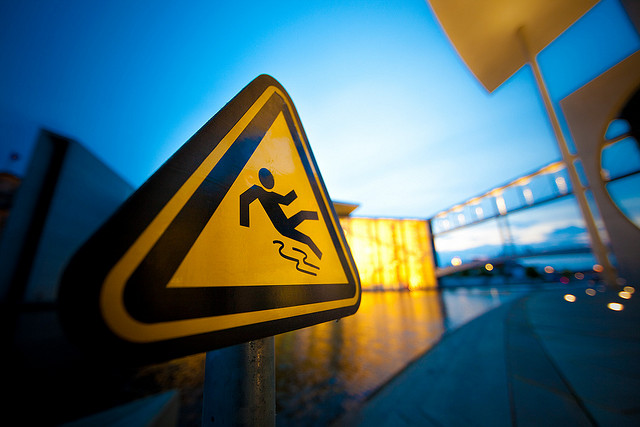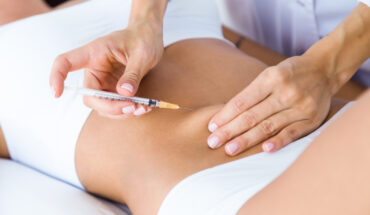Expect the unexpected!
Your vacation is meant to be the time of year when you relax and enjoy yourself; after all you may have worked many hours in order to save up for it and spent time choosing, booking, planning and organizing it. Unfortunately, there are some things that are out of our control which can result in accidents and incidents causing us unexpected illness or injury. These can dramatically affect the most organized vacations in many ways:
- Your personal belongings such as clothing, jewelry and accessories could be damaged as well as you receiving physical injuries yourself (e.g. if you were to be robbed and attacked).
- You could end up in hospital and have expensive medical bills to pay.
- You may be liable for damages (e.g. if you were to be the cause of a car crash).
- Your vacation will most likely be cut short due to time spent receiving treatment, surgery or just recovering and advising relevant authorities of your circumstances.
- You might not reach your destination (e.g. if there are technical problems with your transportation).
- Your family or holiday friends will also have their vacation affected – they may have to chaperone you everywhere and they too will have their vacation cut short due to this. It will also be a worrying time for them psychologically whilst awaiting the outcome of your wellbeing/test results and wondering whether there is going to be enough money to pay for everything.
Injuries and illnesses can happen in the most unlikely environments
A relaxing day at the beach followed by dinner at the hotel and a night out in the local town might sound like the perfect way to start the first day of a vacation. However, the potential for accidents and injury is high when you consider the following:
- Sunbathing on the beach – risk of sunburn/sunstroke/dehydration; risk of insect/reptile bites becoming infected.
- Bathing in the sea – risk of drowning; risk of jellyfish stings and shark attacks.
- Swimming in the hotel pool – risk of drowning; risk of stomach upset and sickness due to contaminated water; risk of paralysis and broken bones due to diving in shallow water; risk of concussion/fractures/breaks due to slips and falls on wet ground.
- Dinner at the hotel – risk of food poisoning, sickness, stomach upsets and dehydration due to poor food hygiene practices.
- Drinking alcohol – risk of becoming intoxicated and making irrational decisions (e.g. having a tattoo in an unlicensed premises (a risk of blood poisoning/septicemia in itself!)).
High-risk recreational activities
Vacations are a time when we may lose our inhibitions and try out new sports and activities which we wouldn’t normally do. Sadly, many of us do not stop to think if the friendly local at the side of the road selling us paragliding adventures holds proper public liability insurance. Even if we saw an insurance certificate how would we know it was authentic, especially if written in a foreign language?
It’s amazing how we are prepared to put ourselves at risk signing up for dangerous activities such as scuba diving, bungee jumping, snow skiing, jetskiing, driving snow mobiles, white water rafting, rock climbing and paragliding. Even hiring a jeep or motorcycle is not without its concerns. Do you have adequate vehicle insurance that covers you for driving in a foreign country? Are you truly comfortable driving on the opposite side of the road to that which you are used to? Can you understand the road signs if they are in a different language? Do you have the details of a first class personal injury lawyer if it all goes terribly wrong?
Be prepared!
If you are travelling within the EU then sign up for an EHIC card which offers free and reduced medical treatment in participating countries.
Purchase comprehensive travel insurance to include medical cover (ensure repatriation costs of returning you to your home country are covered), personal liability insurance, winter sports and emergency assistance. Read the policy small print for any hidden exclusions!
Only sign up for potentially dangerous activities through your holiday representative as they will only recommend reputable organizations.
Ensure you are familiar with the driving rules in the country you are visiting.
Have a list of useful telephone numbers including your insurance company, family and friends, hotel, local emergency services, and national embassy.
What to do if the unthinkable happens
If you become involved in an accident or suffer from illness or injury you should:
- Seek medical care and advice (if relevant, taking your EHIC card with you).
- Contact your travel insurance company immediately.
- Contact your travel representative for help and advice.
- If you are admitted to hospital you should contact your national embassy.



